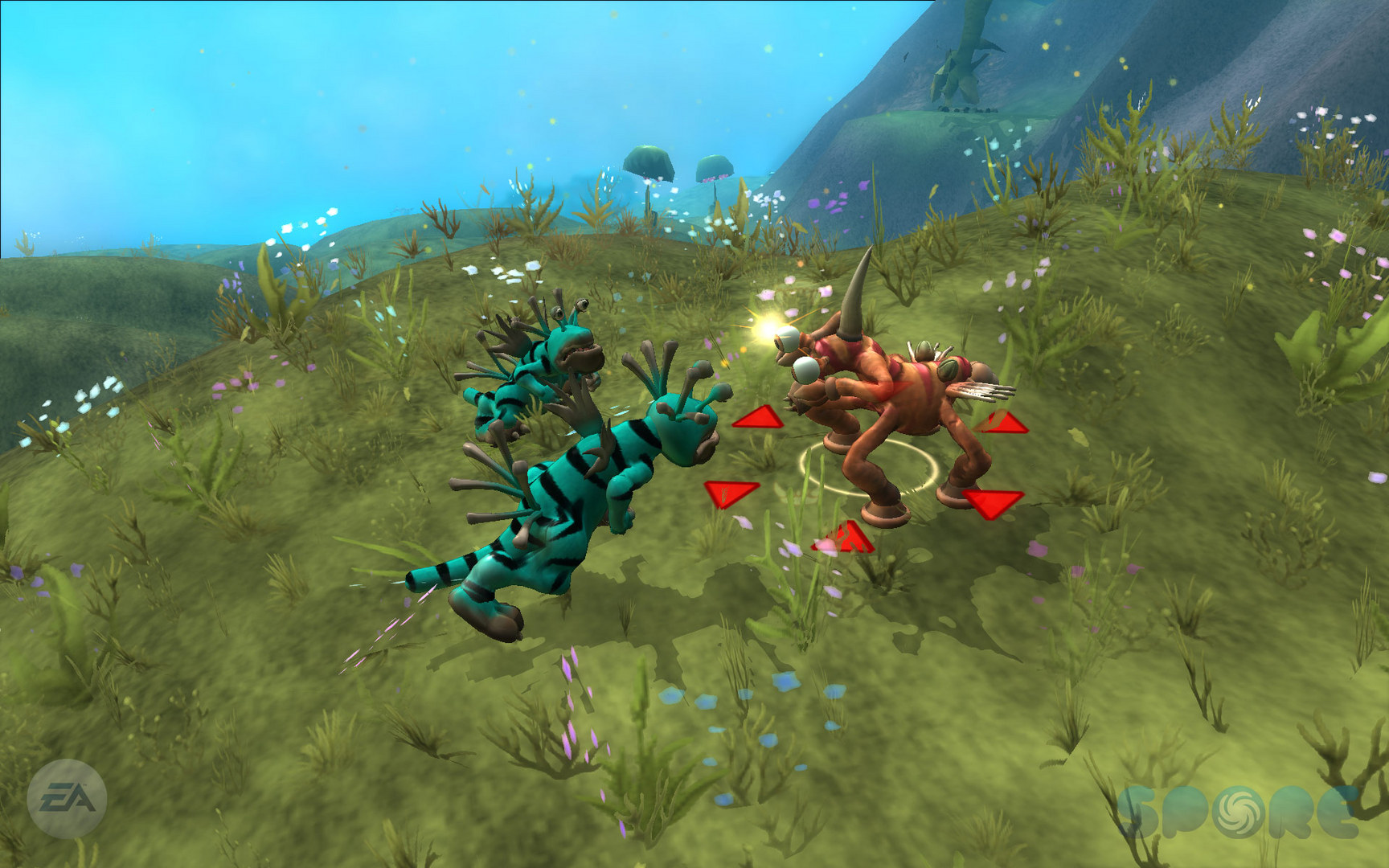
We had a lot of passionate personalities that created a culture of debate. It was really like ‘what?’ It wasn’t like any game before it, so the whole team was super excited about it.Ĭhris Trottier: Spore was an interesting team since it was a hundred people who were used to being the smartest person in the room and when you have people who are used to being brilliant it gets hard for them to say "I’m good with doing whatever works for everyone else." Will had this Powers of Ten vision from starting from a cell and zooming all the out to a galaxy level. Spore was so different that there wasn’t a lot of models that we had for it.
SPORE GAMEPLAY PLUS
A lot of industry nowadays is making sequels to previous games, so you take an existing game and just add plus one to it. Stone Librande: Working on Spore was wonderful. (Unfortunately, Will Wright remains elusive.)
SPORE GAMEPLAY SOFTWARE
What follows is a series of excerpts taken from conversations conducted separately with lead designer Chris Trottier, technical artist Kate Compton, lead designer Stone Librande, software engineer Dave Culyba, lead gameplay engineer Dan Moskowitz, and associate producer Guillaume Pierre.

Ten years after release members from all aspects of the Spore project were eager to reflect on the challenges, highlights, and overall experience of developing a game as influential as Spore. He came off that quickly though, but it was clear how massive he wanted it to be early on.” “He wanted players to go through all these deep failures so they’d appreciate how incredible it is that we are here. The improbability of our universe,” lead designer Chris Trottier tells me over Skype. “The first time I talked to him he said he wanted this to be a game about Drake’s equation. Even if the initial concept would have to change and scale over the course of development. Over the entire course of development, as the team at Maxis grew from an idea in Will Wright’s head to a team of over 100 developers, every designer that touched some aspect of Spore new it was something incredible. It would eventually be recognized as a project that pioneered procedural generation that still has an active player base ten years later.


The single-player sandbox god game was met with a mixture of acclaim and criticism at first after a number of fans were upset it didn’t meet the expectations set in demos shown during Will Wright’s 2005 GDC talk and various E3 showings.


 0 kommentar(er)
0 kommentar(er)
